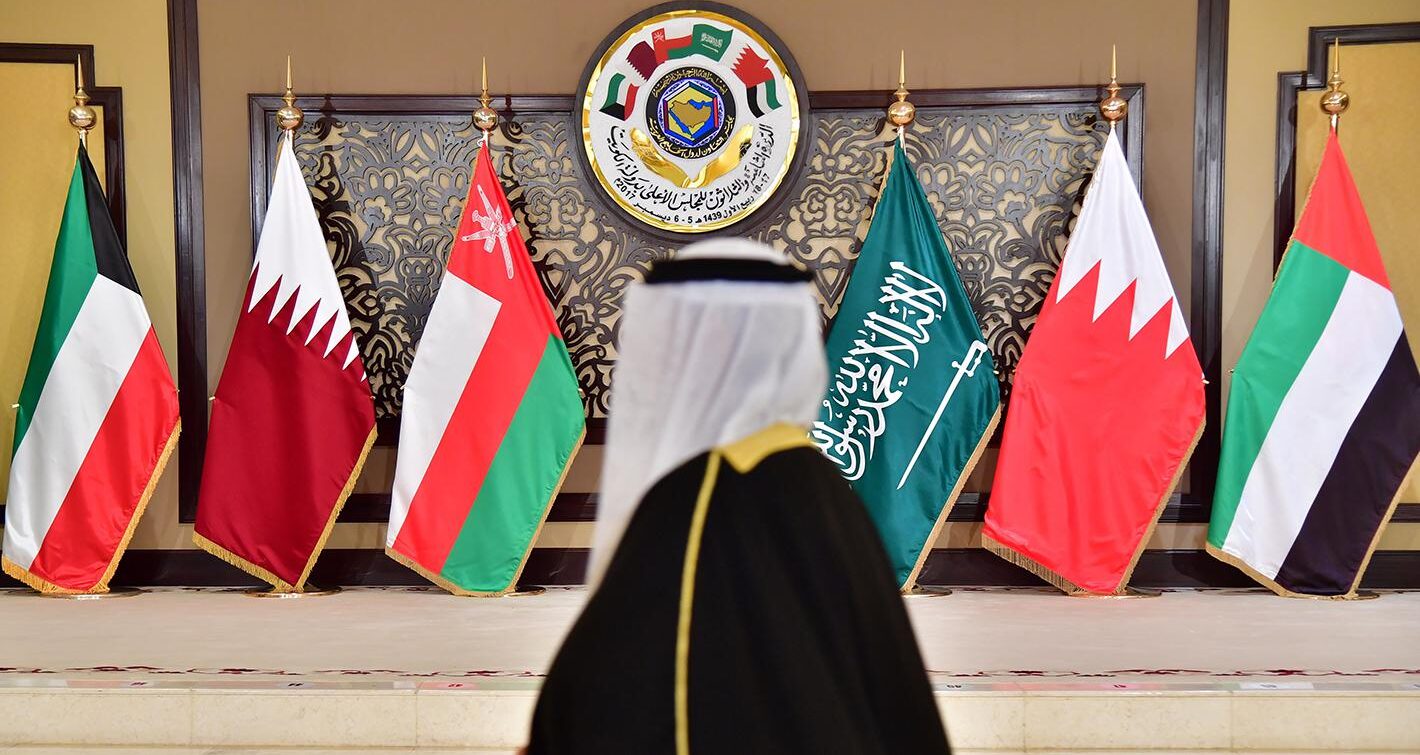Gulf Diplomacy: Navigating Regional and Global Alliances
The Gulf region, encompassing countries like Saudi Arabia, the United Arab Emirates (UAE), Qatar, Bahrain, Kuwait, and Oman, has long been a focal point of global attention due to its strategic location and vast energy resources. Over the years, these nations have adeptly maneuvered through a complex web of regional and international relationships, aiming to bolster their influence on the world stage. As global power dynamics shift, Gulf countries are working to strengthen regional cooperation, diversify their global partnerships, and balance longstanding alliances with emerging economic and political players.
Strengthening Regional Cooperation
At the heart of Gulf diplomacy lies the Gulf Cooperation Council (GCC), established in 1981 to promote unity among its member states. The GCC has been instrumental in fostering economic, political, and security cooperation among Gulf nations. Despite internal rifts in recent years, such as the 2017 blockade of Qatar by Saudi Arabia, the UAE, Bahrain, and Egypt, the GCC remains a vital platform for regional dialogue and collaboration.
Security cooperation is a key aspect of the GCC’s mission. The creation of the Peninsula Shield Force in 1984 exemplifies their commitment to collective defense. This joint military initiative aims to protect member states from external threats, ensuring stability in a region that has experienced conflicts ranging from the Iran-Iraq War in the 1980s to the ongoing war in Yemen.
Economic collaboration has also been a priority. The implementation of a customs union in 2015 and the introduction of a value-added tax (VAT) across member states in 2018 highlight efforts toward economic integration. Additionally, the GCC has been discussing a common currency for years, though progress has been slow due to economic disparities among member states.
Diversifying Global Partnerships
Beyond regional ties, Gulf nations are expanding their diplomatic horizons to strengthen their global presence. Saudi Arabia, for example, has played a pivotal role in mediating peace talks between Russia and Ukraine, hosting negotiations in Riyadh. This initiative not only underscores Saudi Arabia’s diplomatic aspirations but also reflects its intent to be a stabilizing force in global conflicts. The kingdom’s involvement in major geopolitical issues signals its ambition to play a more active role in global decision-making.
Similarly, the UAE has demonstrated its commitment to global economic integration by pledging a substantial investment of $1.4 trillion in the United States over the next decade. This move aims to secure access to advanced technologies and strengthen bilateral ties. The UAE’s foreign policy increasingly focuses on economic diplomacy, investing in high-tech industries, artificial intelligence, and renewable energy projects worldwide.
Qatar, known for its independent foreign policy, has also deepened its engagement with global partners. As a key player in the global energy market, Qatar continues to sign long-term liquefied natural gas (LNG) agreements with European and Asian countries, ensuring energy security for its partners while strengthening its own economic stability.
Engaging with Emerging Powers
Gulf states are also deepening relations with emerging global powers as they seek to diversify their economic and political partnerships. Saudi Arabia’s Crown Prince Mohammed bin Salman has engaged with countries like China, Brazil, and France, reflecting a strategic diversification of alliances. The Gulf’s increasing cooperation with China, for instance, is evident in major energy deals and infrastructure projects linked to Beijing’s Belt and Road Initiative (BRI). The Gulf’s growing trade ties with Asian economies highlight a shift in global economic influence.
Additionally, India has emerged as a significant Gulf partner. With millions of Indian expatriates living and working in the Gulf, economic and trade relations between India and the region are stronger than ever. Gulf nations are investing in Indian infrastructure projects, while India continues to import vast quantities of oil and gas from the region.
Balancing Traditional and New Alliances
While forging new partnerships, Gulf nations remain mindful of their longstanding relationships. The planned visit of U.S. President Joe Biden to Saudi Arabia and Qatar signifies the enduring importance of U.S.-Gulf ties. Discussions are expected to cover defense deals, energy cooperation, and regional security issues, reinforcing the multifaceted nature of their alliance.
Despite occasional diplomatic tensions, the United States remains a crucial partner for Gulf countries, providing military support and security assurances. The presence of U.S. military bases in Bahrain, Qatar, and the UAE underscores Washington’s strategic interest in the region. However, as Gulf nations seek to diversify their partnerships, they are also engaging more closely with Russia and China, signaling a shift towards a multipolar diplomatic strategy.
Economic Diversification and Soft Power
Recognizing the need to reduce reliance on oil revenues, Gulf countries are investing in sectors like technology, tourism, and renewable energy. Saudi Arabia’s Vision 2030, launched by Crown Prince Mohammed bin Salman, aims to transform the kingdom’s economy by fostering non-oil industries, increasing private sector participation, and developing megaprojects like NEOM, a futuristic smart city on the Red Sea coast.
Similarly, the UAE has positioned itself as a global hub for finance, tourism, and innovation. Dubai and Abu Dhabi continue to attract international businesses and investors, leveraging their strategic location and business-friendly policies. Qatar, which successfully hosted the FIFA World Cup in 2022, has used sports diplomacy to enhance its global reputation, investing in football clubs and hosting international events to strengthen its soft power.
Conclusion
Gulf diplomacy is characterized by a delicate balancing act: strengthening regional unity through the GCC, engaging with traditional allies like the United States, and building new partnerships with emerging powers. As the world transitions towards a multipolar order, Gulf nations are adapting by diversifying their diplomatic, economic, and security strategies. By navigating this complex landscape with agility and foresight, Gulf countries aim to enhance their global influence and secure a prosperous future in an ever-evolving international arena.
Do follow gulf magazine on Instagram



